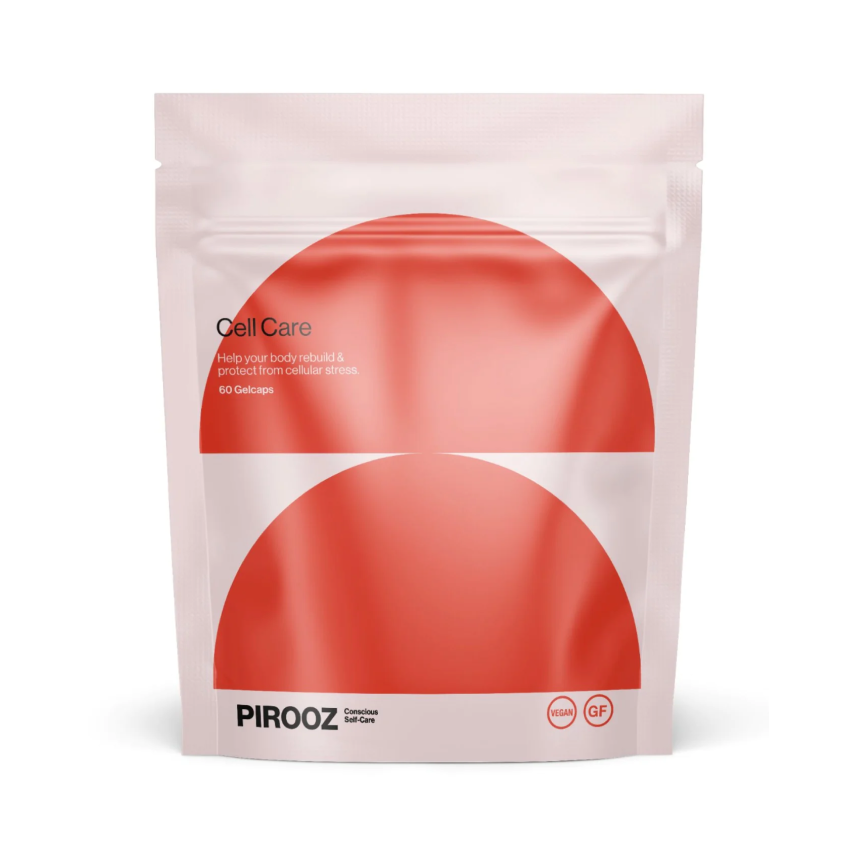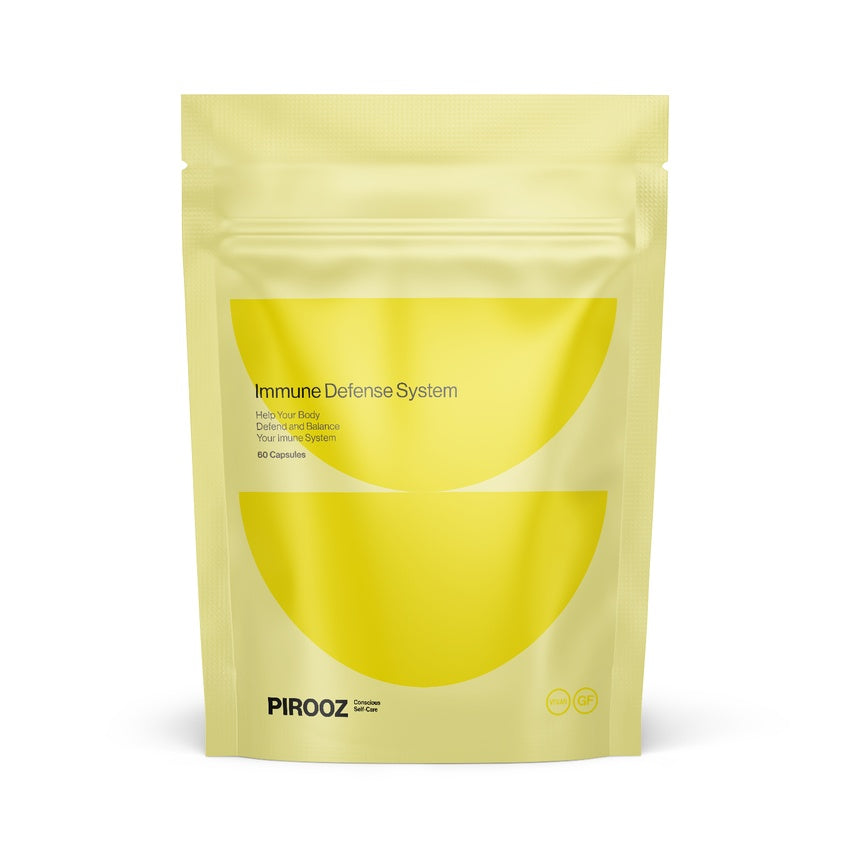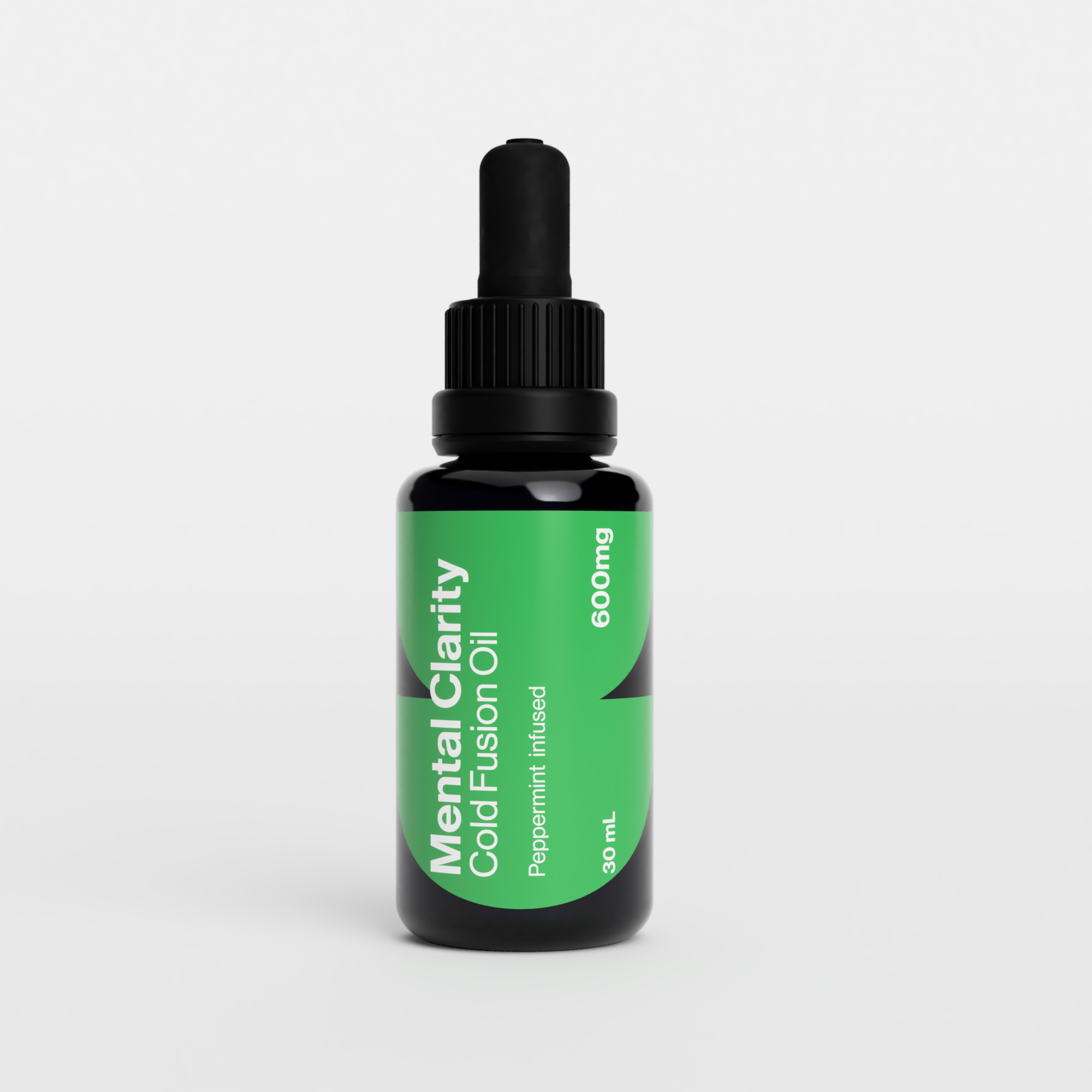Understanding Dietary Supplements?
Dietary supplements encompass a broad category of products intended to supplement the diet and provide essential nutrients that may be lacking in the typical diet. These supplements can include vitamins, minerals, amino acids, botanicals, enzymes, and other bioactive substances (NIH, 2022). While some supplements have well-established benefits supported by scientific research, others may lack sufficient evidence or pose health risks.Separating Fact from Fiction
Myth: "Natural Supplements Are Always Better Than Synthetic Ones." Fact: While natural supplements derived from plants, herbs, and other natural sources can provide valuable health benefits, the mere fact that a supplement is natural does not guarantee its safety or effectiveness. In some cases, synthetic nutrients may be more bioavailable or accessible for the body to absorb than their natural counterparts. Ultimately, the efficacy of a supplement depends on factors such as dosage, formulation, and individual health status. Myth: "More Is Always Better When It Comes to Supplements." Fact: Taking excessive doses of certain supplements can harm and cause adverse effects. Some nutrients have narrow therapeutic ranges, meaning consuming too much or too little can disrupt physiological balance and lead to toxicity or deficiency. It's important to follow recommended dosage guidelines and consult a healthcare professional before starting any new supplement regimen, especially if you have underlying health conditions or are taking medications. Myth: "All Supplements Are Safe and Effective." Fact: While many supplements are safe and effective when used appropriately, not all supplements undergo rigorous testing for safety and efficacy. The U.S. Food and Drug Administration (FDA) does not regulate dietary supplements to the same extent as pharmaceutical drugs, meaning that manufacturers are not required to prove the safety or effectiveness of their products before marketing them to consumers (NIH, 2022). As a result, some supplements may contain undisclosed ingredients, contaminants, or inaccurate dosage information, posing risks to consumer health.Key Considerations When Choosing Supplements:
- Quality and Purity: Choose supplements from reputable companies that adhere to stringent quality assurance standards and undergo third-party testing to verify purity, potency, and safety. Certifications from organisations such as NSF International or USP provide additional quality assurance and compliance with industry standards.
- Ingredient Source: Pay attention to the quality and source of supplement ingredients. Look for products that use high-quality, pharmaceutical-grade ingredients sourced from reputable suppliers. Choose supplements free from contaminants such as heavy metals, pesticides, and artificial additives.
- Scientific Evidence: Look for supplements with ingredients backed by robust scientific research and clinical studies demonstrating efficacy and safety. Peer-reviewed publications and human clinical trials provide credible evidence of effectiveness.
- Formulation and Dosage: Evaluate the formulation and dosage of ingredients in supplements to ensure they are clinically relevant and practical. Opt for products containing bioavailable nutrients in appropriate doses supported by research.
- Price and Value: While price should not be the sole determinant of supplement quality, it's essential to consider a product's value proposition. Compare prices among different brands and evaluate the cost per serving to determine whether a supplement offers good value for money. Remember that higher prices only sometimes equate to better quality, and low prices may indicate inferior ingredients or manufacturing practices.
- Sustainable and Ethical Practices: Choose supplements from companies prioritising sustainability, ethical sourcing, and environmental stewardship. Look for products that use eco-friendly packaging, support fair trade practices, and source ingredients responsibly to minimise environmental impact and promote social responsibility. Fair Trade Certified, Rainforest Alliance Certified, or Non-GMO Project Verified can assure ethical and sustainable practices.
- Customer Reviews and Reputation: Besides scientific evidence and quality standards, consider the supplement manufacturer's reputation and track record. Research customer reviews and testimonials from verified purchasers to gauge the product's efficacy, safety, and customer service. Look for unbiased feedback regarding product quality, effectiveness, and any adverse reactions experienced by users. A company with a positive reputation and satisfied customers is likelier to provide high-quality supplements that deliver results.
- Individual Health Needs and Goals: When selecting supplements, consider your health needs, goals, and lifestyle factors. Tailor your supplement regimen to address specific deficiencies or health concerns, such as vitamin deficiencies, immune support, joint health, or cognitive function. Consult with a healthcare professional, such as a registered dietitian or naturopathic doctor, to assess your unique nutritional requirements and develop a personalised supplement plan that aligns with your health goals.












